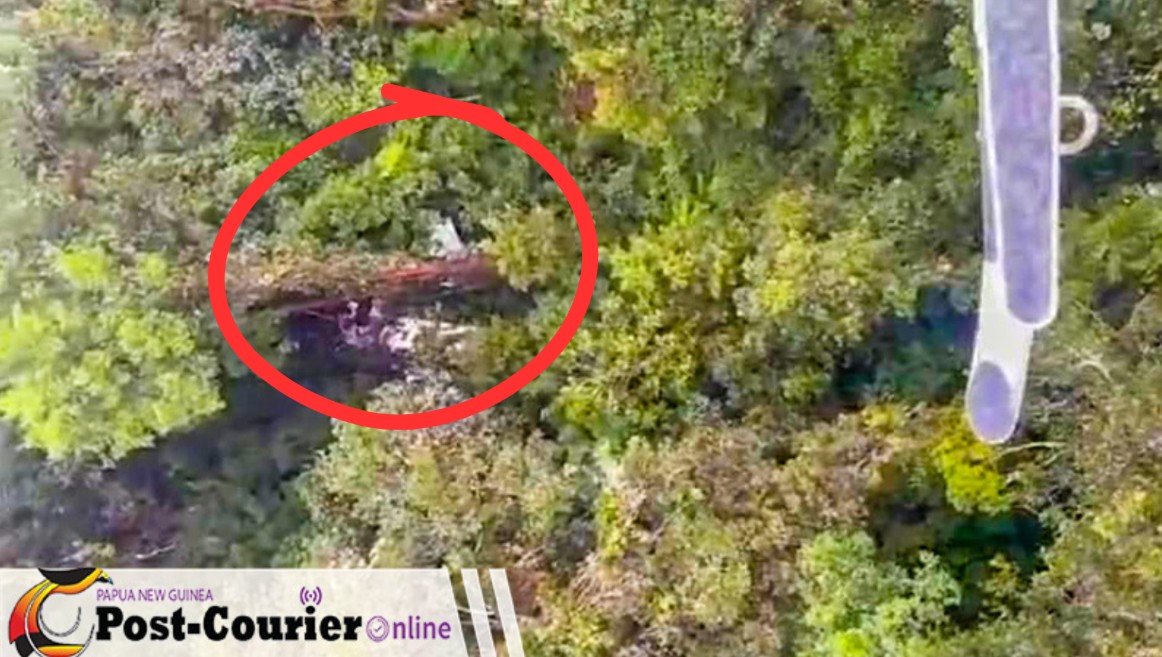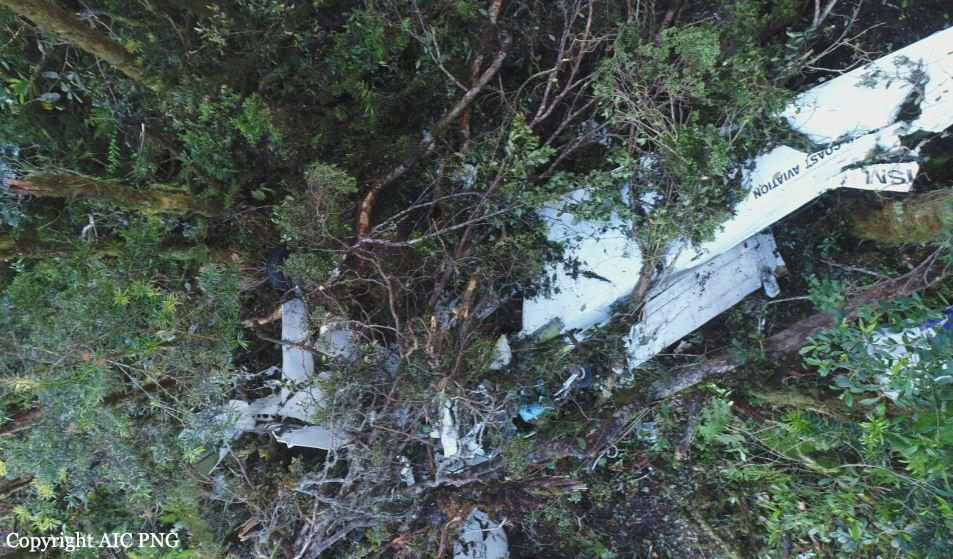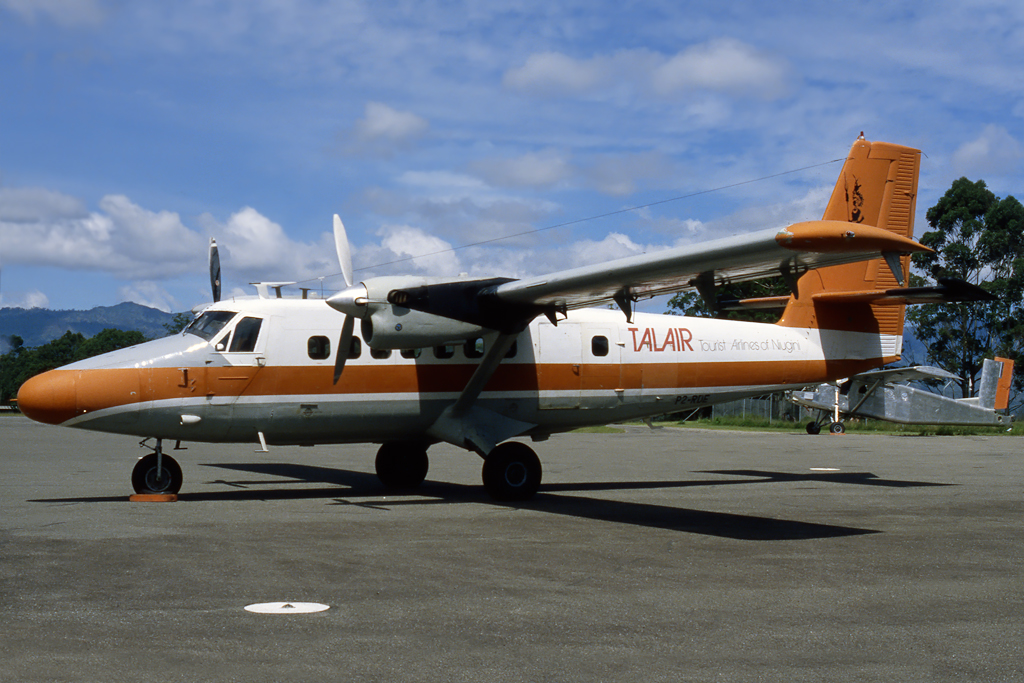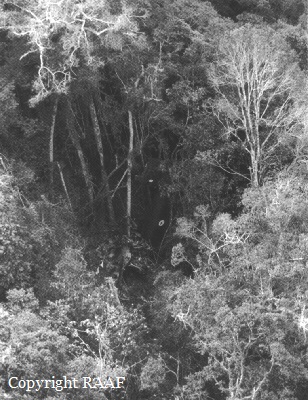Crash of a Britten-Norman BN-2B-26 Islander near Sapmanga: 5 killed
Date & Time:
Dec 22, 2024 at 1030 LT
Registration:
P2-SAM
Survivors:
No
Schedule:
Wasu - Lae
MSN:
2197
YOM:
1986
Crew on board:
1
Crew fatalities:
Pax on board:
4
Pax fatalities:
Other fatalities:
Total fatalities:
5
Circumstances:
The single engine airplane departed Wasu Airfield at 1012LT on a charter flight to Lae-Nadzab Tomodachi Airport, with an ETA at 1047LT. On board were five people, four passengers and one pilot. The passengers included a member of the Royal Papua New Guinea Constabulary (RPNGC) and an employee from the Housing Ministry. Few minutes after takeoff from Wasu, while cruising at an altitude of 8,000 feet, the airplane impacted trees and crashed in a wooded and hilly terrain near Sapmanga, southwest of Wasu. The wreckage was located but the access is difficult. About two days after the accident, PNG authorities confirmed that all five occupants were killed.












